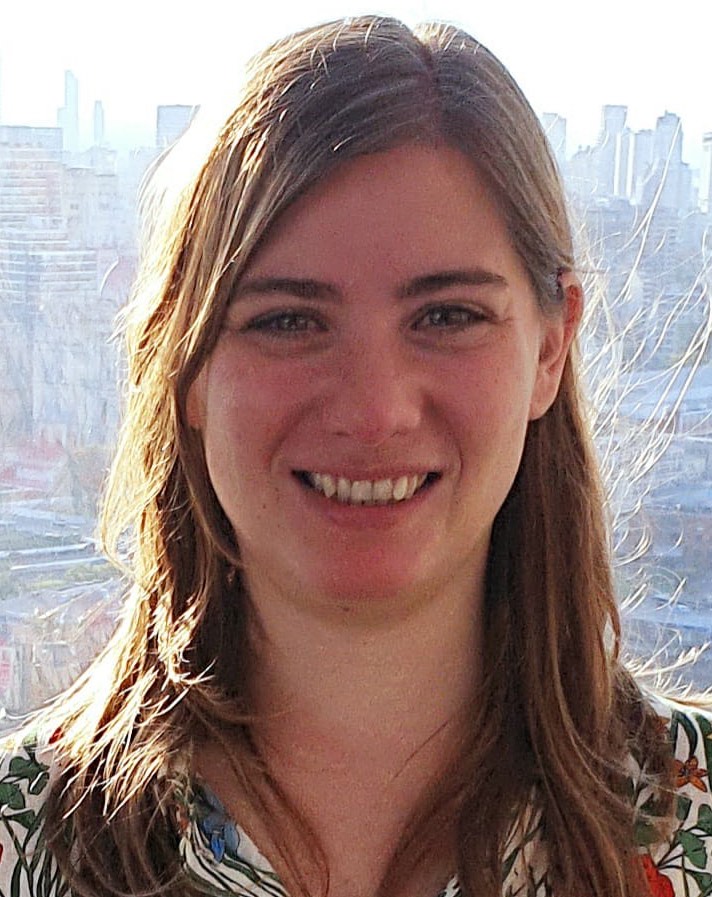 Elena López Ruf is a lawyer who teaches philosophy of law at the Pontifical Catholic University of Argentina and “Religion and the Global World” at Austral University. This post is based in part on her chapter “Religious Freedom, Human Security, and Human Fraternity: Is Religious Freedom a Forgotten Freedom Within the Human Security Framework?” in Security, Religion, and the Rule of Law: International Perspectives (Routledge 2023).
Elena López Ruf is a lawyer who teaches philosophy of law at the Pontifical Catholic University of Argentina and “Religion and the Global World” at Austral University. This post is based in part on her chapter “Religious Freedom, Human Security, and Human Fraternity: Is Religious Freedom a Forgotten Freedom Within the Human Security Framework?” in Security, Religion, and the Rule of Law: International Perspectives (Routledge 2023).
All human beings are born free and equal in dignity and rights. They are endowed with reason and conscience and should act towards one another in a spirit of brotherhood.
—Article I, Universal Declaration of Human Rights
On 21 December 2020, the General Assembly of the United Nations, during its 75th plenary session, established that 4 February be dedicated as an annual International Day of Human Fraternity. The U.N. resolution recognizes the contribution of people of all religions or beliefs to humanity and the importance of promoting inter-religious and intercultural dialogue “to enhance peace and social stability, respect for diversity and mutual respect and to create, at the global level, and also at the regional, national and local levels, an environment conducive to peace and mutual understanding.”[1]
(more…)

